Encountering Reality : T. F. Torrance On Truth And Human Understanding
$81.66
Introduction
1. What Is (Authentic) Knowledge?
2. Ultimate Beliefs
3. Objectivity
4. What Does It Mean To Speak Kata Physin? The Question Of Truth
5. What Is The Role Of Theory In Kataphysic Knowledge?
Conclusion
Bibliography
Index
Additional Info
Encountering Reality argues for a new appreciation of T. F. Torrance on epistemology and reality. According to Torrance’s realism, all authentic knowledge involves the nature of the object impressing its inherent rationality on the mind. Consequently, knowledge involves thinking in accordance with the nature of the object. Stevick explores the place and function of “ultimate beliefs” in epistemology, as well as the question as to whether such beliefs imply a retreat to either foundationalism or fideism. The inescapability of ultimate beliefs in all human knowledge requires a shift in the traditional notion of objectivity. We find that shift in the account provided by T. F. Torrance, whose epistemological position implies an alternative notion of truth.
Drawing on distinctly Christian sources, Torrance emphasizes the distinction between truth and truthfulness, thereby reorienting the discussion from a focus on statements to a focus on being. This shift challenges the dichotomy between correspondence and coherence theories of truth and provides one way of transcending the scientific realism/antirealism debate and gives rise to a practical epistemological tool, disclosure models, which function as self-correcting, self-marginalizing lenses through which we encounter reality, yielding knowledge in accordance to the nature of the thing known.
in stock within 3-5 days of online purchase
SKU (ISBN): 9781506412917
ISBN10: 1506412912
Travis Stevick
Binding: Cloth Text
Published: December 2016
Emerging Scholars
Publisher: Augsburg Fortress Publishers – 1517 Media
Print On Demand Product
Related products
-
7 Last Words
$18.99Based on his talks at New York’s St. Patrick’s Cathedral on Good Friday 2015, the New York Times bestselling author and editor at large of America magazine offers a portrait of Jesus, using his last words on the cross to reveal how deeply he understood our predicaments, what it means to be fully human, and why we can turn to Christ completely, in mind, heart, and soul.
Each meditation is dedicated to one of the seven sayings:
*”Father, forgive them, for they do not know what they do.”
*”Today you will be with me in Paradise.”
*”Woman, this is your son” . . . “This is your mother.”?
*”My God, my God, why have you forsaken me?”?
*”I thirst.”?
*”It is finished.”?
*”Father, into your hands I commend my spirit.”With the warmth, wisdom, and grace that infuse his works, Father James Martin explains why Jesus’s crucifixion and death on the cross is an important teaching moment in the Gospels. Jesus’s final statements, words that are deeply cherished by his followers, exemplify the depth of his suffering but also provide a key to his empathy and why we can connect with him so deeply.
Add to cart1 in stock
-
Light Within Me
$27.99The celebrated Fox News star and #1 New York Times bestselling author offers a powerful, uplifting look at her life and her spiritual journey, reflecting on her family, her faith, and her successful career.
In her bestselling children’s book Take Heart, My Child, Ainsley Earhardt drew on her childhood and the inspirational notes her father wrote her before school each morning. In this moving memoir, she reminisces about growing up with a father who loved his children unconditionally–a cherished model of parenthood she has adopted with her own daughter–how her Christian faith has shaped her life, and the dynamic journalism career that has made her a trusted household name.
From her insightful political coverage, including a sit-down with Melania Trump, to her powerful reporting covering some of the most headline-making national events, to her live coverage, including Pope Francis’ visit to New York, Ainsley considers her career and the factors that have propelled her to the top of her field, becoming a cohost of Fox & Friends and contributor to Hannity. Ainsley credits her success to the values she learned from her parents, and to the enduring Christian faith that has been her ballast through thick and thin, in good times and in periods of great difficulty.
Filled with inspirational quotes taken from Scripture and illustrated with sixteen pages of never-before-seen photos, her memoir is infused with her spiritual beliefs and will touch the hearts of all her fans, reminding them to count the blessings God has given them every day of their lives.
Add to cart2 in stock
-
Love Stories Of The Bible Speak
$30.00Biblical Studies
Additional Info
The Bible is full of “love” stories. But the Biblical idea of love is so much bigger than we imagine.Love is at the heart of the Bible. From the moment Adam declared Eve “flesh of my flesh”…to the sacrificial love of Joseph for Mary…to the deep friendship of David and Jonathan…to the abounding and never-changing love of God: The Bible is a love story. But it also redefines the way the world tells us we should think about love.
The Bible reveals not just butterflies and broken hearts. In Scripture, we see God’s beautiful design for the partnership of marriage. We witness friendships that cross all boundaries. We watch as families navigate the many seasons of life. Our guiding example for them all is the deepest, most abiding, foundational love ever known: God’s unconditional love for His people.
In The Love Stories of the Bible Speak, Shannon Bream draws lessons from the good, the bad, and the ugly of Biblical romances, friendships, and families. She shows how God’s love is often very different from ours, turning upside down our assumptions about life, relationships, and each other.
The Love Stories of the Bible Speak reminds us that, no matter where we find ourselves, God’s unwavering love will sustain and guide us. These insights into biblical relationships will uplift and encourage you, and reveal new dimensions to the most central Christian duty: to love God and your neighbor.
Add to cart1 in stock
-
Screwtape Letters
$17.99Wormwood, a demon apprentice, must secure the damnation of a young man who’s just become a Christian. He seeks the advice of an experienced devil, his uncle Screwtape. Their correspondence offers invaluable—and often humorous—insights on temptation, pride, and the ultimate victory of faith over evil forces. Paperback with French flaps and deckled page edges.
Add to cart2 in stock (additional units can be purchased)

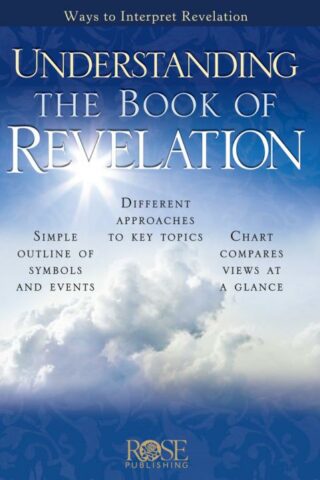



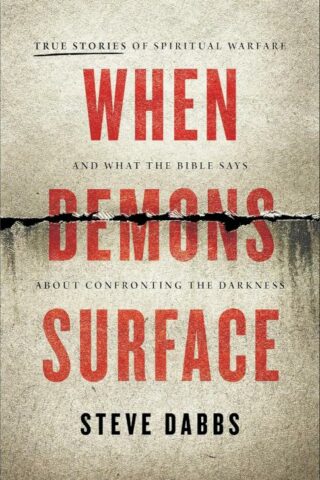
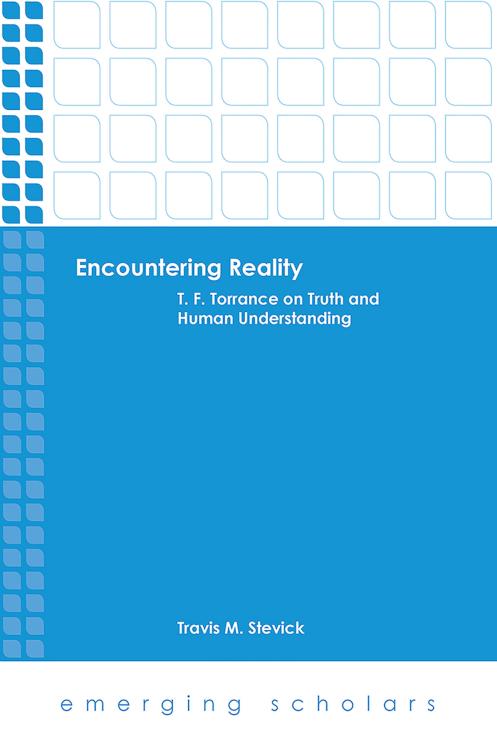
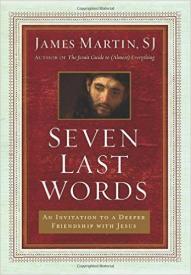





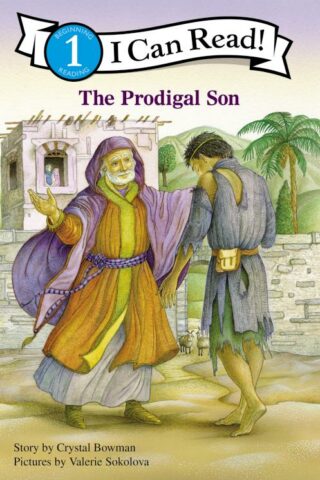

Reviews
There are no reviews yet.